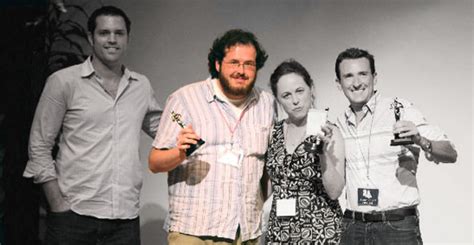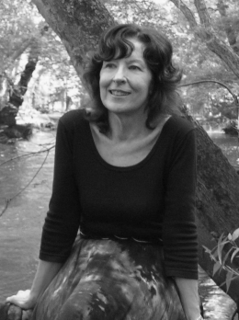A Quote by Robertson Davies
The young are often accused of exaggerating their troubles; they do so, very often, in the hope of making some impression upon the inertia and the immovability of the selfish old.
Related Quotes
Father Time is not always a hard parent and though he tarries for none of his children, often lays his hand lightly upon those who have used him well; making them old men and women inexorably enough, but leaving their hearts and spirits young and in full vigor. With such people the gray head is but the impression of the old fellow's hand in giving them his blessing, and every wrinkle but a notch in the quiet calendar of a well-spent life.
Very often, things that people may think come from the writer, very often don't. There's a lot of cooks in the kitchen when it comes to making a movie. When you hear a line of dialogue that sounds kind of tinny, it's pretty easy to cite the screenwriter. But there's a lot of stuff that goes into making a movie.
Hope. People want hope. We crave hope. We long for hope. Hope has been present since the very beginning. And almost in the worst situations of human history, you often find the greatest amount of hope. The very nature of the situation, the way stepped-on people created within them even more hope than when things were going fine. Hope has always been around.
Next to the young, I suppose the very old are the most selfish. Alas, the heart hardens as the blood ceases to run. The cold snow strikes down from the head, and checks the glow of feeling. Who wants to survive into old age after abdicating all his faculties one by one, and be sans teeth, sans eyes, sans memory, sans hope, sans sympathy?
I am aware that I am very old now; but I am also aware that I have never been so young as I am now, in spirit, since I was fourteen and entertained Jim Wolf with the wasps. I am only able to perceive that I am old by a mental process; I am altogether unable to feel old in spirit. It is a pity, too, for my lapses from gravity must surely often be a reproach to me. When I am in the company of very young people I always feel that I am one of them, and they probably privately resent it.




































